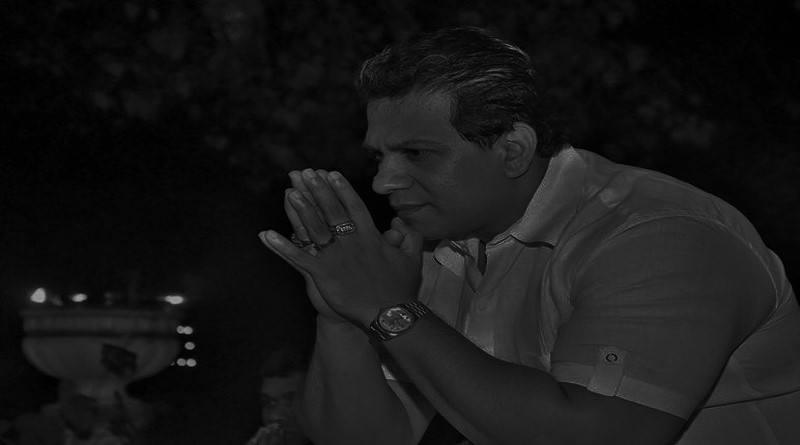Image: Duminda Silva.
State prosecutors also flagged unethical and contemptuous media reporting on Duminda Silva’s appeal case, and told the Supreme Court during the appeal hearings that certain journalists were being paid to write only statements made in court by lawyers for the defendant, and representing them as facts proven in court. Statements like “Silva’s lawyers “proved” in court” have been bandied about while the case is being reported. The coordinated campaign has led investigators to an unfolding scandal about the purchase of certain scribes by parties connected to the convicted politician. The same media reports also devote no reporting to the facts that led to the convictions in High Court presented to the five judge bench of the Supreme Court by the Attorney General’s Department, the prosecution noted.
Given reporting in the media about Silva’s appeal in the Supreme Court, led by a media house owned by the defendant’s brother, the prosecution led by Senior Solicitor General Thusith Mudalige has notified court about an orchestrated media campaign to distort proceedings during appeal hearings.
The Attorney General informed court that the ‘Hiru’ channel in particular was repeatedly using submissions by Defence Counsel during the appeals proceedings, to claim that Duminda Silva’s lawyers had “proved” certain facts before court. The repeated broadcast of this distorted record of what transpires during the appeal trial, has the potential to alter the mindsets of the public and judges.
Through the dissemination of false facts about the murder case the Hiru media network had attempted to strongly influence the course of justice, the prosecution submitted. “The attempt by this network to do whatever is necessary to get its owner’s sibling released from conviction in this case must be strongly condemned by all law-abiding citizens of the country,” the Attorney General’s Department submitted.
DSG Mudalige also informed court that reports of a journalist of an ultra-nationalist Sinhala language newspaper had been distributing cash payoffs to the tune of Rs 150,000 to print media journalists to prevent reporting on submissions and facts put forward during the appeal proceedings by the prosecution, were not untrue.
There was no legal or ethical basis in Roman-Dutch law prevailing in the country on which facts stated by the Defence Counsel on behalf of their clients could be reported as ‘facts proven in court’, the Deputy Solicitor General also submitted. DSG Mudalige also made note of the biased manner in which the network in question had conducted its reportage when Duminda Silva and four others were sentenced to death for the murder of Premachandra on September 8, 2016.
“This situation is a powerful challenge to the entire process of justice and the authorities should even at this late stage, impose regulations on the media on how such facts are reported – this would be a national service,” the Deputy Solicitor General noted during the appeals hearing.
